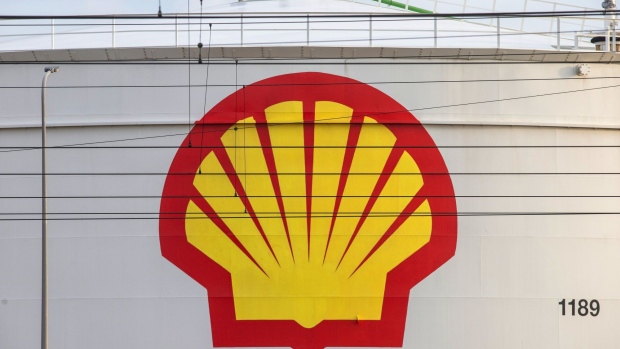May 18, 2021
Shell Says Nigerian Oil Isn’t Compatible With Its Green Strategy
, Bloomberg News

(Bloomberg) -- After half a century of pumping oil out of Nigerian swamps, Royal Dutch Shell Plc acknowledged that its spill-prone operations there aren’t compatible with plans to go green.
The Anglo-Dutch company has been gradually selling onshore assets in the the West African country for more than a decade, as it sought to put aside chronic problems such as pollution caused by ruptured pipelines and the resulting legal battles with local communities.
The issue has become more acute in the past year after Shell pledged to transform itself into clean energy giant and gradually wind down its oil and gas business to achieve net-zero carbon emissions by 2050.
“The balance of risks and rewards associated with our onshore portfolio is no longer compatible with our strategic ambitions,” Chief Executive Officer Ben van Beurden told investors at Shell’s annual general meeting on Tuesday. “We cannot solve community problems in the Niger Delta“ and the company has started discussions with the government on how to move forward, he said.
Van Beurden didn’t say explicitly that Shell wants to sell the remainder of its oil assets in the Niger Delta, nor did he provide a timetable. Yet a full retreat would be an obvious end point to years of gradual divestment. Shell has reduced its total number of onshore licenses in Nigeria by half over the past decade.
One of those deals is now the subject of litigation. Aiteo Eastern E&P Co., a Nigerian company that bought a major oil pipeline from Shell six years ago, is demanding billions of dollars in damages. It claims Shell misrepresented the condition of of the line and under-counted the volume of crude one of its facilities received from the Nigerian firm. Shell says Aiteo’s lawsuit is baseless.
©2021 Bloomberg L.P.


